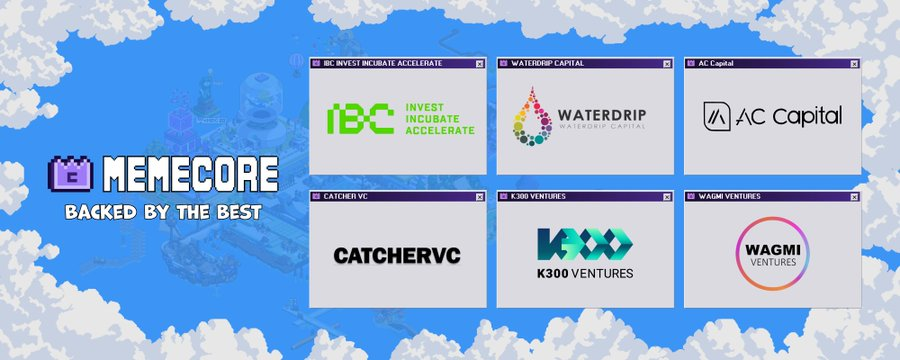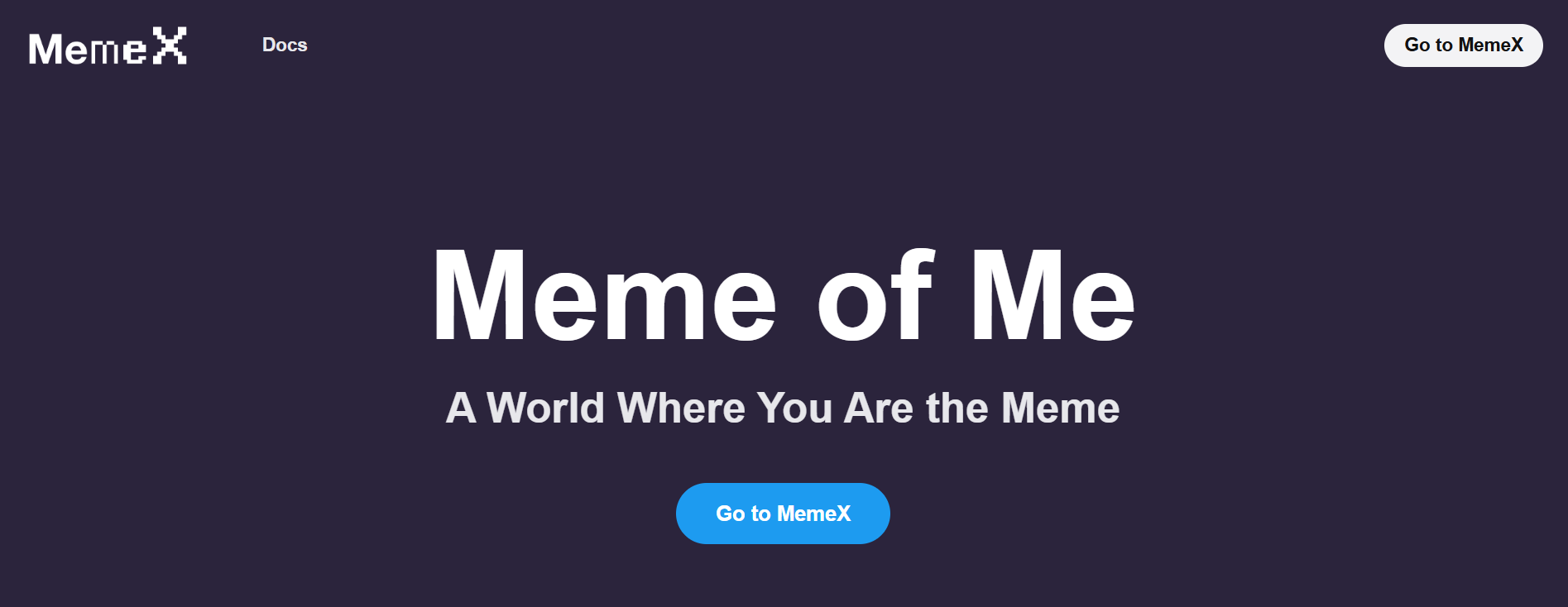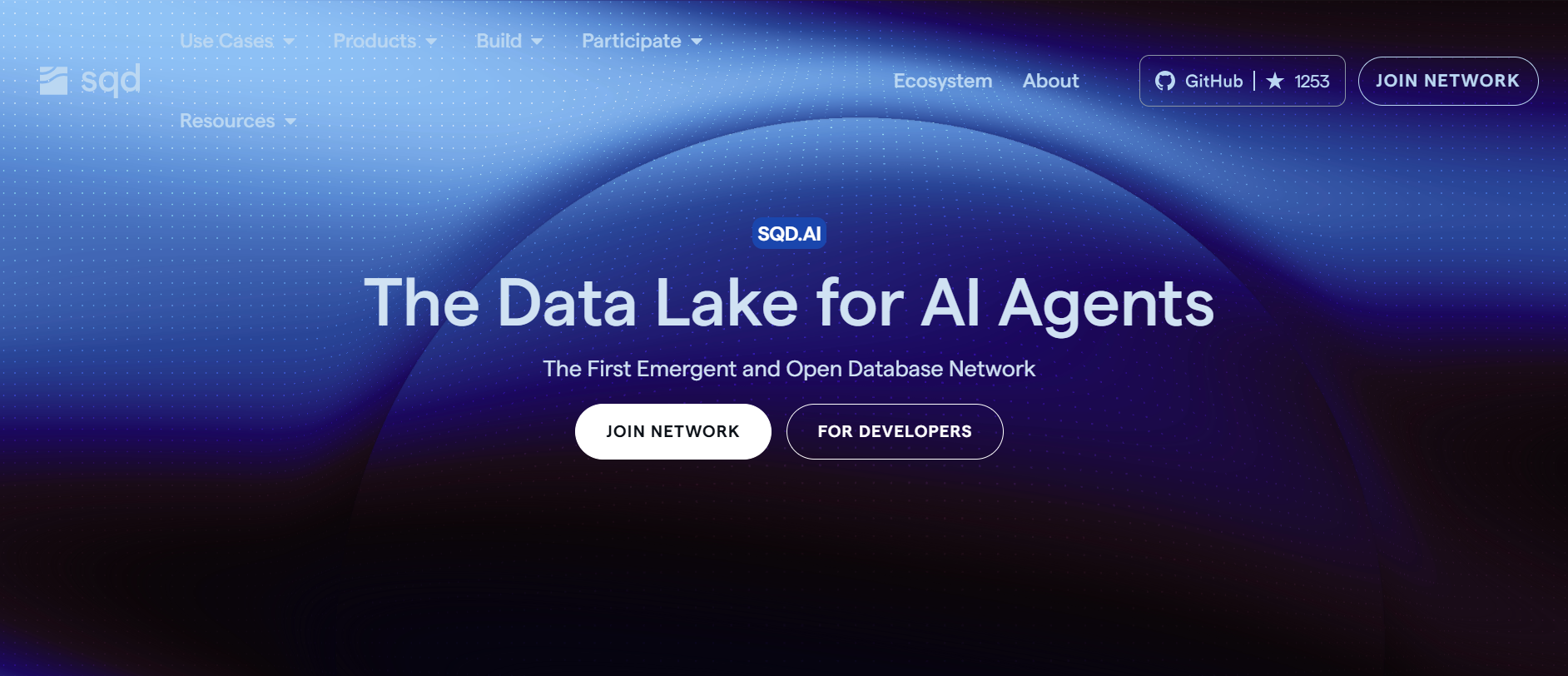What is MemeCore? All You Need to Know about M
Introduction
Memes thrive within communities, serving as expressions of culture, humor, or social and political movements. With Web3, these shared experiences can be transformed into digital assets that reflect the community’s beliefs. If community members generate enough excitement, they could even profit from it.
Despite their reputation as highly volatile assets, they have proven to drive engagement on-chain and often serve as the entry point for newcomers to crypto. According to CoinGecko, the total market cap of meme coins exploded from $20 billion in 2023 to $140 billion in 2024, a staggering 600% growth, with at least five meme coins making it into the top 100 by market cap.
MemeCore is building the first Layer 1 blockchain for meme coins, providing the infrastructure, security, and incentives to support the next generation of meme-driven assets. With its unique Proof of Meme (PoM) consensus mechanism, users can stake their meme coins, secure the network, and earn dual rewards, all while building a community-centered ecosystem.
What is MemeCore?
MemeCore is an EVM-compatible Layer 1 blockchain secured by the Proof of Meme consensus. In this multi-chain cross-staking mechanism, users can delegate their meme coins to validators to enhance security and earn dual-block rewards.
Tailored for memecoins, MemeCore launched its Mainnet on February 12, 2025. Its goal is to create a playground where communities come together to build the future of web3 through Memes and decentralized applications.
Funding

Source: MemeCore
On March 27, 2025, MemeCore announced the strategic investments of IBC Group, Waterdrip Capital, Catcher VC, K300 Ventures, AC Capital, and WAGMI Ventures in MemeCore for an undisclosed amount.
Team
Jun Ahn
Jun is the Chief Executive Officer of MemeCore. Previously, he founded 0xLootBox, an investment network with a portfolio that includes notable projects such as Arc Community. Some other companies he has worked for include Ledger and Chains.Asia.
Cherry Hsu
Cherry is the Chief Business Development Officer at MemeCore. She is a game developer with over seven years of experience marketing for IT startups and holds a master’s degree in Computer Science from Chang Gung University, Taiwan.
Rudy Rong
Rudy is the Chief Growth Officer at MemeCore. He was formerly the CEO of Karat DAO, a decentralized data identity protocol. He holds a bachelor’s degree in Finance from the University of Southern California, USA.
Features of MemeCore
EVM-Compatible
MemeCore is an Ethereum Virtual Machine (EVM)-compatible Layer 1 blockchain. EVM is one of the most accessible and reliable Web3 technologies in the world, so MemeCore aims to integrate with Ethereum-based decentralized applications (DApps) and smart contracts.
Proof of Meme (PoM) Consensus Mechanism
PoM introduces a unique approach to network security and participant incentivization, built on a cross-chain staking architecture that allows users to delegate their meme coins from different blockchains to MemeCore validators.
Dual Rewards
MemeCore distinguishes itself by implementing a dual block reward system, compensating validators and delegators with both $M tokens and ERC-20 tokens for valid block creation.
MemeCore vs Solana - A Potential Battle for Memecoins Loom
As of 2024, Solana has become the leading ecosystem for hosting meme coins due to its high speed and low fees. The success of meme coins like BONK, WIF, and POPCAT on Solana shows how well the network supports these types of assets.
For MemeCore to succeed, it must offer something significantly better or different than Solana. Here’s how it could compete:
Niche Specialization
While Solana is a general-purpose L1, MemeCore is specifically built for meme coins if it can provide tailored features like better liquidity incentives, seamless cross-chain interactions, or superior community engagement.
EVM Compatibility
Being EVM-compatible means MemeCore could attract projects and liquidity from Ethereum and other EVM chains, which Solana cannot directly leverage due to its unique architecture.
Culture and Branding
MemeCore could position itself as the “home of memes,” making it the default go-to chain for new meme projects, similar to how Solana has gained a meme culture. But shifting the narrative from Solana would be tough.
How MemeCore Works?
The Proof of Meme (PoM) Consensus
MemeCore’s Proof of Meme (PoM) consensus mechanism is designed to secure its blockchain by leveraging the participation of meme coin holders and validators.
Individuals or entities can become validators (responsible for producing blocks and maintaining network security) by staking at least 7,000,000 $M tokens into the system contract. The network operates with a real-time election process that selects the top 7 active validators based on staking rankings. This validator set is refreshed approximately every 70 seconds (every 10 blocks).
Meme coin holders can delegate their tokens to validators by visiting MemeCore Stake to see the list of available validators, their total staked $M, commission rates, estimated Annual Percentage Yields (APYs), and current status. Eligible meme tokens for delegation are listed in the MemeWhiteList, which can be updated through the Governance contract. Delegators have the flexibility to withdraw their staked tokens and accumulated rewards at any time.
Reward Distribution
Both validators and delegators earn rewards in two forms: $M tokens and ERC-20 tokens.
The distribution of rewards is structured as follows:
- The top validators share 99% of the block rewards equally, with an additional 1% bonus awarded to the validator that produces the block.
- Of the rewards received by validators:
- 24% is allocated to delegators who staked meme coins, with the reward ratio of each meme coin dependent on its market cap, and 15% of each delegator reward is returned as a fee to the validators.
- 75% is allocated to delegators who staked $M tokens and is distributed based on the ratio of $M held by $M Delegators and $M Validators, and $M Delegators pay a 10% commission of their rewards to the Validators.
- The additional 1% bonus is shared between the block-producing validator and their respective delegators.
ERC-20 Vault
The ERC-20 Vault stores 5% of the total supply from each ERC-20 token minted on MemeCore. This mechanism supports the community by distributing these tokens to users who participate in staking within the Validator Delegating Contract. The vault operates with a vesting algorithm that distributes tokens to users over 1,000 days.
Ecosystem Projects
MemeX

Source: MemeX
MemeX is a SocialFi and Meme Pad platform built on the MemeCore mainnet. With MemeX, users can transform their identities into meme coins. The platform features a bonding curve mechanism that adjusts token prices based on user activity and popularity. As users engage more through content creation, interactions, and community participation, their tokens’ value increases. MemeX also introduces a sponsor-driven model, allowing users to support their favorite meme tokens through sponsorships and a leaderboard system.
Please note that this project is still in beta as of the time of this writing.
PUPA

Source: PUPA
PUPA is a no-code feature for creating tokens and NFTs on MemeCore, users can easily mint their MRC-20 tokens in 10 seconds.
The project is still in the Testnet phase as of the time of writing.
Everyswap

Source: Everyswap
Everyswap is a decentralized exchange modeled after Uniswap v3. It uses smart contracts to create liquidity pools for trade execution.
MemeCore Stake

Source: MemeCore
MemeCore Stake creates utility for M and other memecoins on the MemeCore blockchain; Users can delegate their memecoins or $M to validators to earn yields.
SQD

Source: SQD
SQD is a decentralized database that provides access to blockchain data across over 100 chains. It enables developers to rapidly and cost-effectively retrieve on-chain data, facilitating the creation of scalable decentralized applications (dApps).
What is $M Token?
$M is MemeCore’s native token, with a max supply of 10,000,000,000 M.
More details regarding the tokenomics and the Token Generation Event will be released soon.
The token will be used for;
- MemeCore mainnet transaction fee payment
- PoM block proposal and validation
- PoM delegation currency
- Governance rights
Recent Developments
MemeCore Ecosystem Integration Grant Program

Source: MemeCore
The MemeCore Ecosystem Integration Grant Program is an initiative to encourage innovative projects to join the MemeCore Mainnet. As of the time of compiling this article, it is actively seeking potential projects in the following sectors:
- Utility
- Trading
- Gaming
- Infrastructure
- Media
- AI
- Community
- Intellectual Property
Related Articles

The Future of Cross-Chain Bridges: Full-Chain Interoperability Becomes Inevitable, Liquidity Bridges Will Decline

Solana Need L2s And Appchains?

Sui: How are users leveraging its speed, security, & scalability?

Navigating the Zero Knowledge Landscape

What Are Altcoins?
